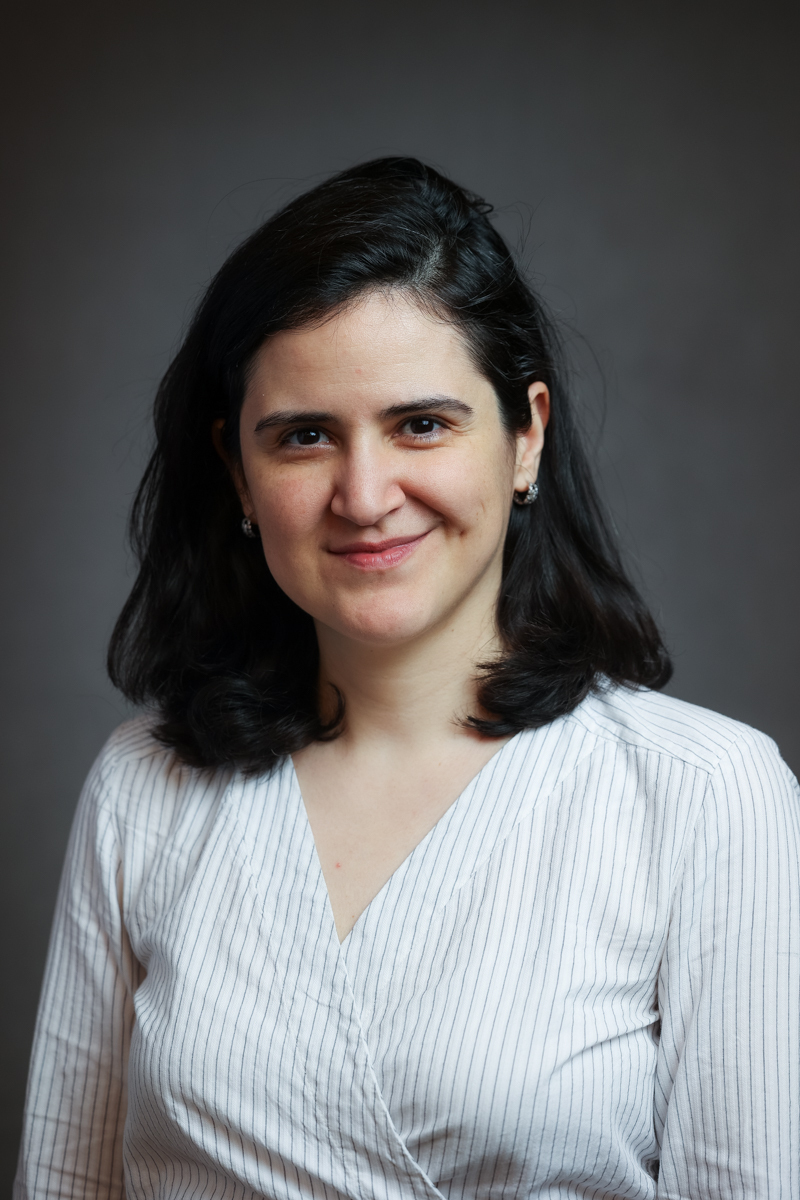People
Faculty
.jpg)
Nicolò Cavalli
Nicolò is an assistant professor at the Department of Social and Political Sciences, Bocconi University. He holds a DPhil in Sociology from Nuffield College, University of Oxford. Nicolò participated in SICSS-Duke 2018 and co-organized SICSS-Oxford in 2019. He is Principal Investigator of a PRIN 2022 PNRR project and holder of a Cariplo ‘Young researchers’ grant. He is a member of Dondena, Baffi-Carefin, Green and IEP@BU research centers at Bocconi.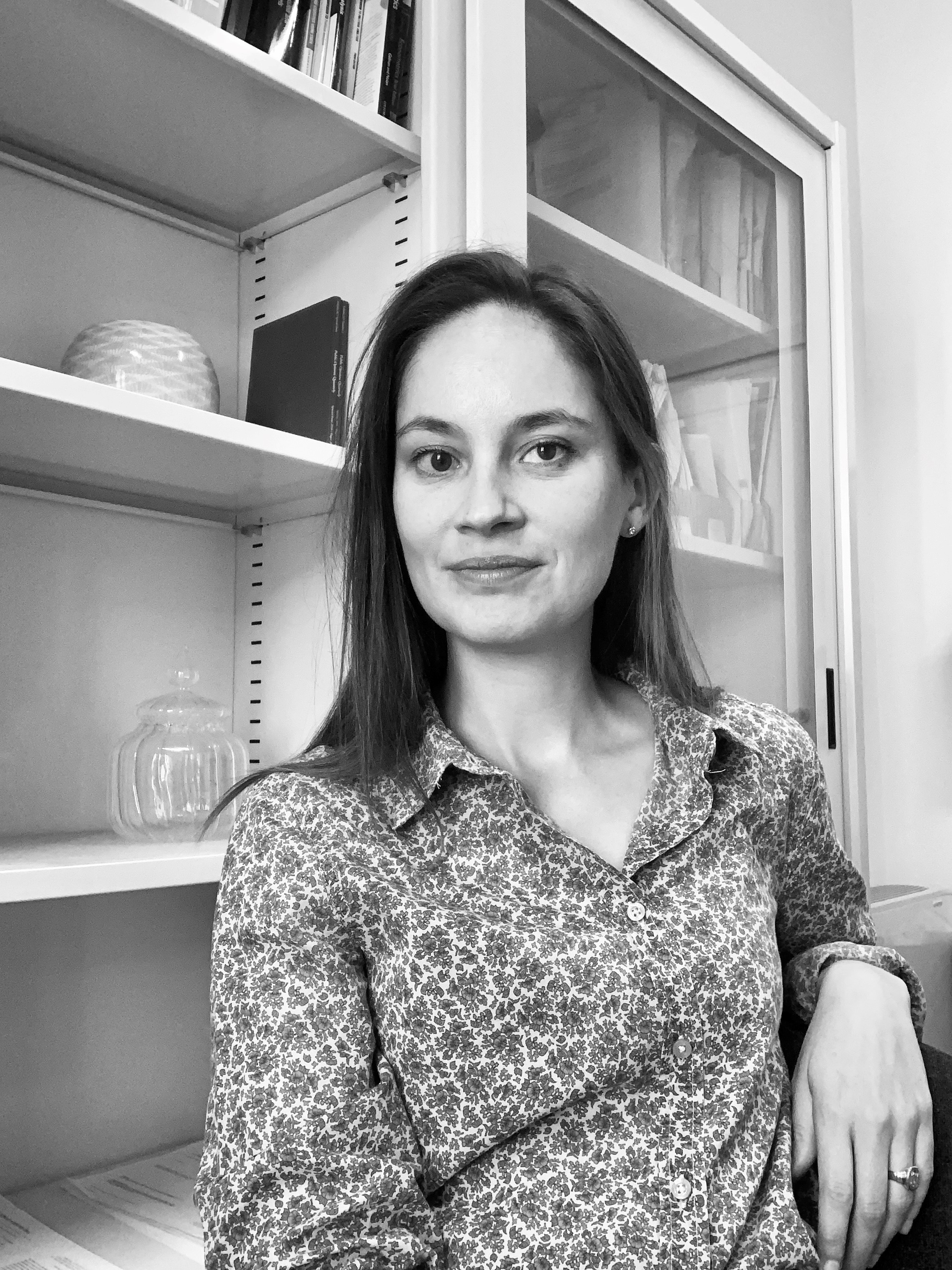
Anne-Marie Jeannet
Anne-Marie is an associate professor of sociology at the University of Milan. She studies how changes in the social structure, such as deindustrialization or immigration, alter political life. She is especially interested in how the public perceives these social phenomena and the role of the socio-political context in shaping the public’s response to these occurrences. Her project DESPO, Deindustrializing Societies and the Political Consequences is funded by an ERC starting grant (2020-2026). Working at the intersection of political science and sociology, her research has been published in journals such as the British Journal of Sociology, Comparative Political Studies, and the Socio-Economic Review.
Chris Bail
Chris is Co-Founder of SICSS and Professor of Sociology, Political Science, and Public Policy at Duke University where he directs the Polarization Lab. He is also affiliated with the Interdisciplinary Data Science Program, the Duke Network Analysis Center, and serves on the Advisory Council of the National Science Foundation's SBE Directorate. His research examines political polarization, culture and social psychology using tools from the field of computational social science. He is the author of Breaking the Social Media Prism: How to Make our Platforms Less Polarizing. He has organized or co-organized six SICSS locations.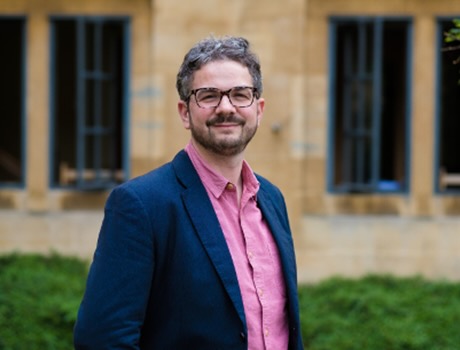
Nicola Barban
Nicola is Professor of Demography at the University of Bologna. He is the Principal Investigator of the ERC Consolidator Grant GENPOP: Genes, genealogies and the evolution of demographic change and social inequality. His research focuses on demography, sociogenomics, social interactions, life course analysis, and computational social sciences. His work has been published in high-impact journals such as Nature Genetics, Nature Human Behaviour, and American Sociological Review. He is the author, together with Melinda Mills and Felix Tropf, of the textbook An Introduction to Statistical Genetic Analysis, published by MIT Press.
Germain Gauthier
Germain is an Assistant Professor at the Department of Social and Political Sciences, Bocconi University. He conducts methodological and applied work in economics and political science. In his applied work, he studies a broad set of topics in political economy and public economics. In his methodological work, he develops new machine-learning tools for social scientists, with a particular focus on natural language processing tools.Speakers
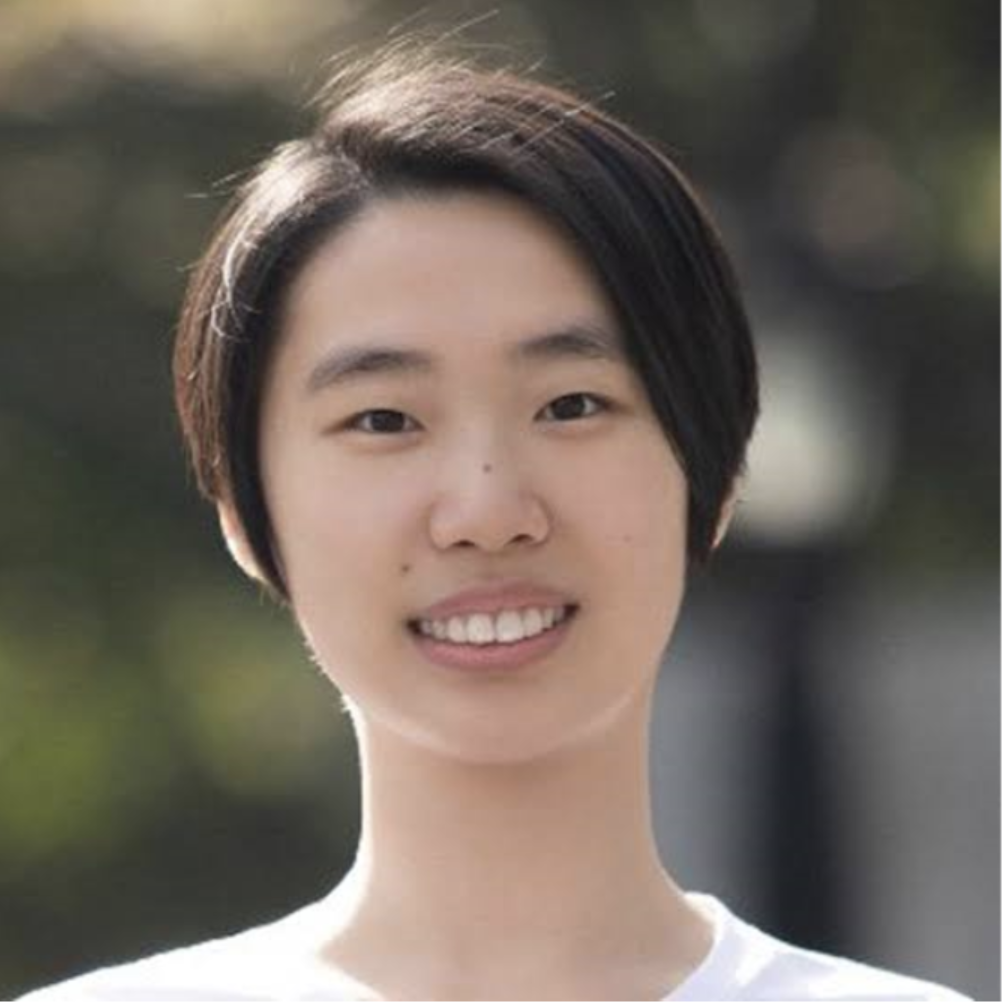
Zhijing Jin
Zhijing is an incoming Assistant Professor at the University of Toronto starting in Fall 2025, and currently a postdoc at the Max Planck Institute with Bernhard Schoelkopf, based in Europe. She will also be a CIFAR AI Chair, ELLIS advisor, and faculty member at the Vector Institute. Her research areas are Large Language Models (LLMs), Natural Language Processing (NLP), and Causal Inference. Her vertical work focuses on Causal Reasoning with LLMs (Corr2Cause, CLadder, Quriosity & Survey), Multi-Agent LLMs (GovSim, SanctSim & MoralSim), and Moral Reasoning in LLMs (TrolleyProblems, MoralExceptQA). Her horizontal work covers Mechanistic Interpretability (CompMechs, Mem vs Reasoning), and Adversarial Attack (TextFooler, RouterAttack, AccidentalMisalignment, CRL AdversarialDefense). Her research contributes to AI Safety and AI for Science. See the latest “Moral Testing of LLMs” slide deck here. Zhijing is the recipient of 3 Rising Star awards, 2 Best Paper Awards at NeurIPS 2024 Workshops, and several fellowships at Open Philanthropy and the Future of Life Institute. My work is reported in CHIP Magazine, WIRED, and MIT News. My research is funded by NSERC, Schmidt Sciences, MPI, UofT, and Cooperative AI Foundation.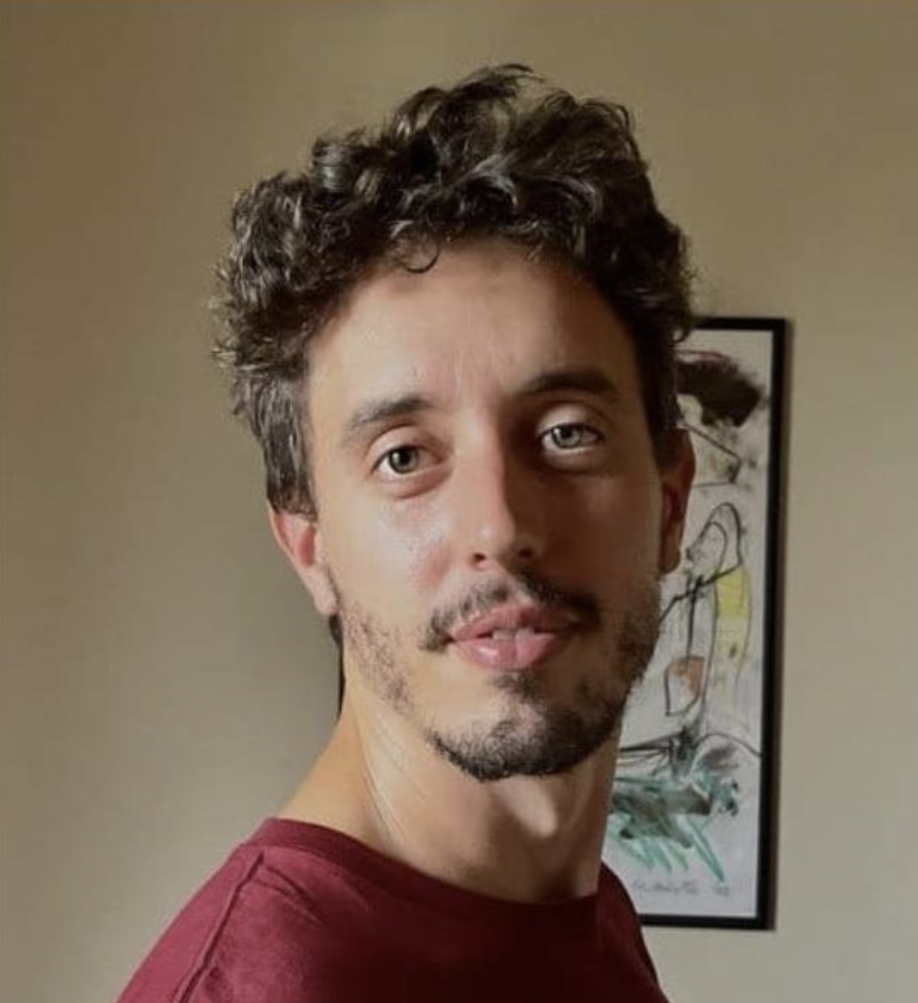
Lorenzo Lupo
Lorenzo is an interdisciplinary researcher with expertise in machine learning and natural language processing applied to the social sciences, especially interested in the societal impacts of AI. His recent work includes assessing the impact of AI on content platforms such as Wikipedia, studying the simulation capabilities of LLMs for entire demographic groups, and analyzing legal and social media texts to uncover historical trends and shifts of concepts in national cultures. After conducting his PhD on neural machine translation at Grenoble Alpes University, he has held research positions at the University of Milan and Bocconi University, where he currently works as a freelance researcher alongside Kai Zhu, Nicolò Cavalli, and the MilanNLP research group.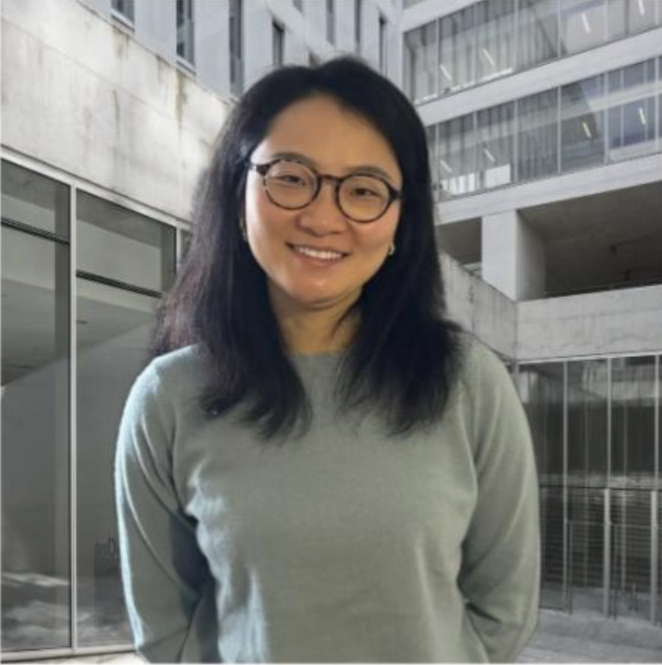
Chen Peng
Chen is a postdoctoral researcher at Bocconi University. Her research experimental designs and integrates computational methods to investigate how social norms and demographic behaviors co-evolve. She is particularly interested in the application of large language models to simulate human judgment and decision-making in social science experiments.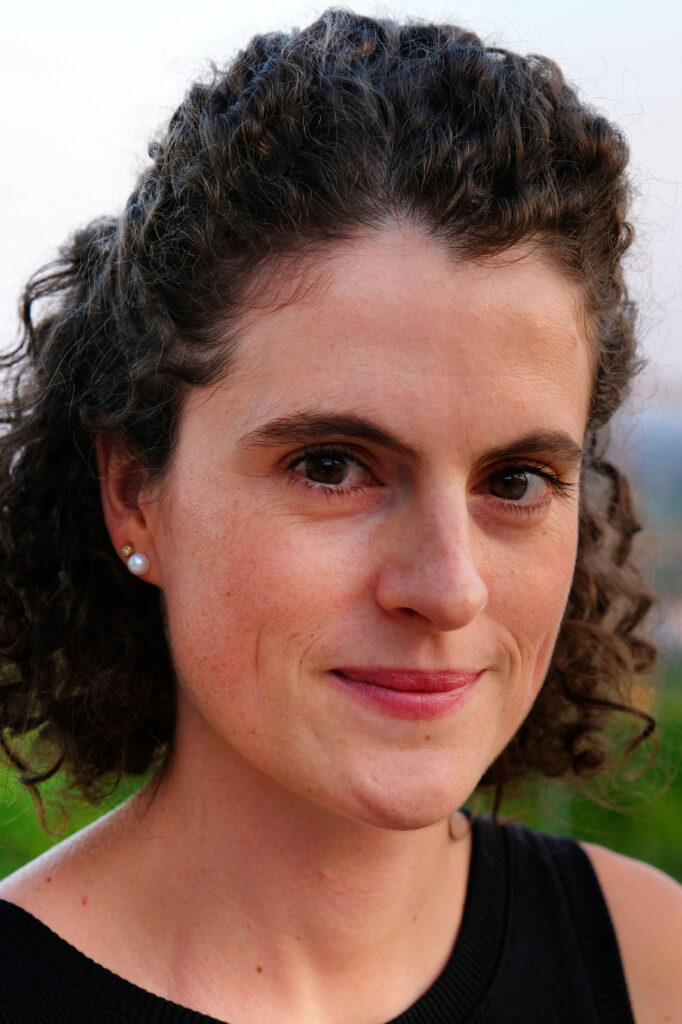
Irene Pasquetto
Irene is a scholar in the field of information and communication studies. She researches contemporary knowledge production practices, with a focus on how digital technologies shape and mediate them. Her most recent research work centers on knowledge production in the context of open science and public participation in science. She is an Assistant Professor at the University of Maryland College of Information Studies. Previously, she was an Assistant Professor at the University of Michigan School of Information, where she taught ethics of information technologies and digital curation. She is also a Senior Research Fellow at the Shorenstein Center on Media, Politics, and Public Policy, at the Harvard Kennedy School, where she co-founded the Harvard Kennedy School Misinformation Review in 2019.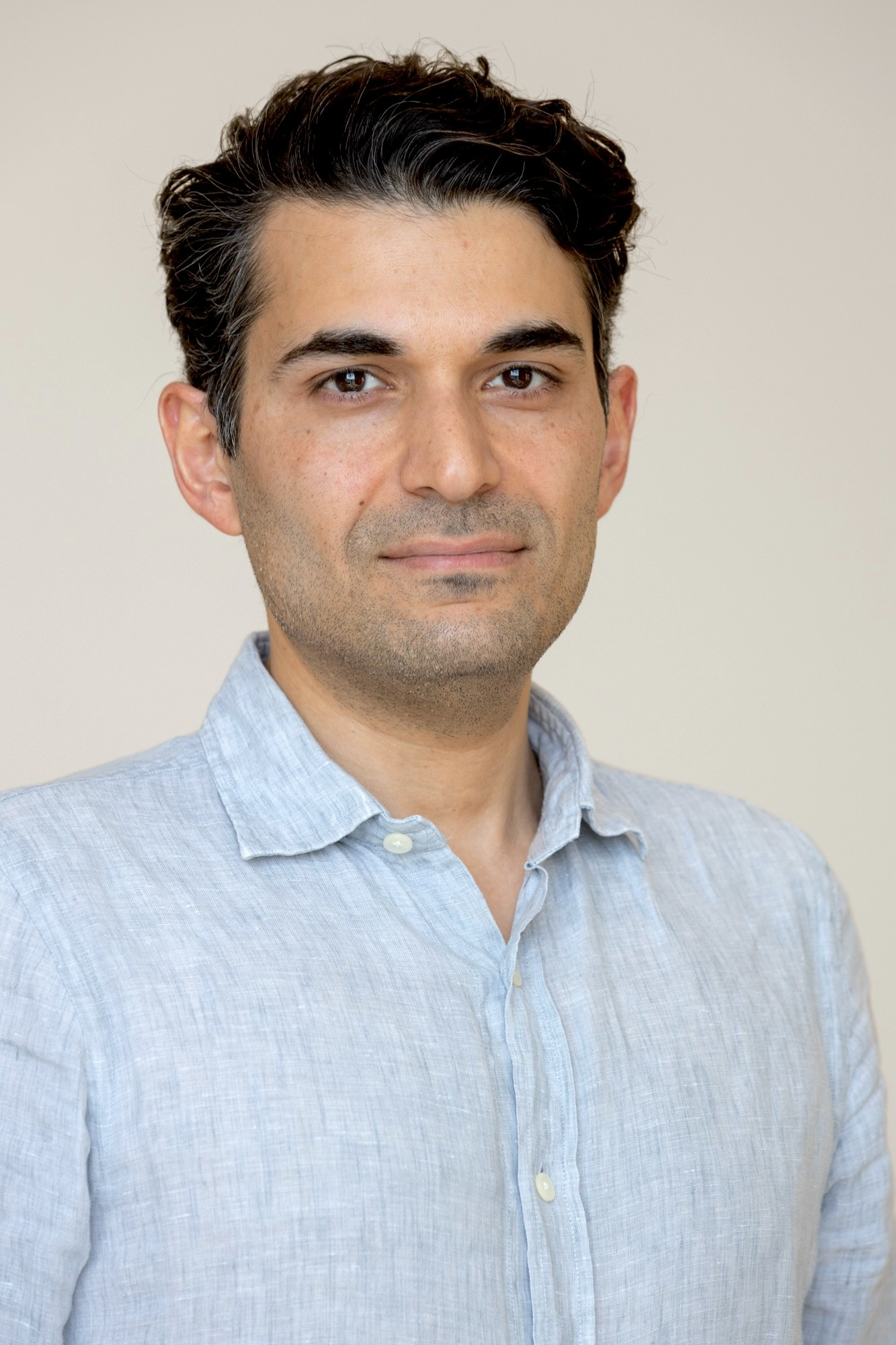
Eaman Jahani
Eaman is an assistant professor of Information Systems at the University of Maryland's Robert H. Smith School of Business. Previously, he received a PhD in Social and Engineering systems from MIT IDSS and was a postdoctoral associate at UC Berkeley’s Department of Statistics until January 2024. As a computational social scientist, his research interests span network science, statistics, experiment design, and causal inference. He investigates the structural factors that contribute to the unequal distribution of resources or information within networks, as well as the collective behavior in institutional settings and the mechanisms that promote cooperation or lead to disparities across groups. His work also explores experimental design in networks to detect the causal effects of interventions aimed at changing social norms and examines the impact of AI in business, particularly in the context of human-AI collaboration and its influence on creativity.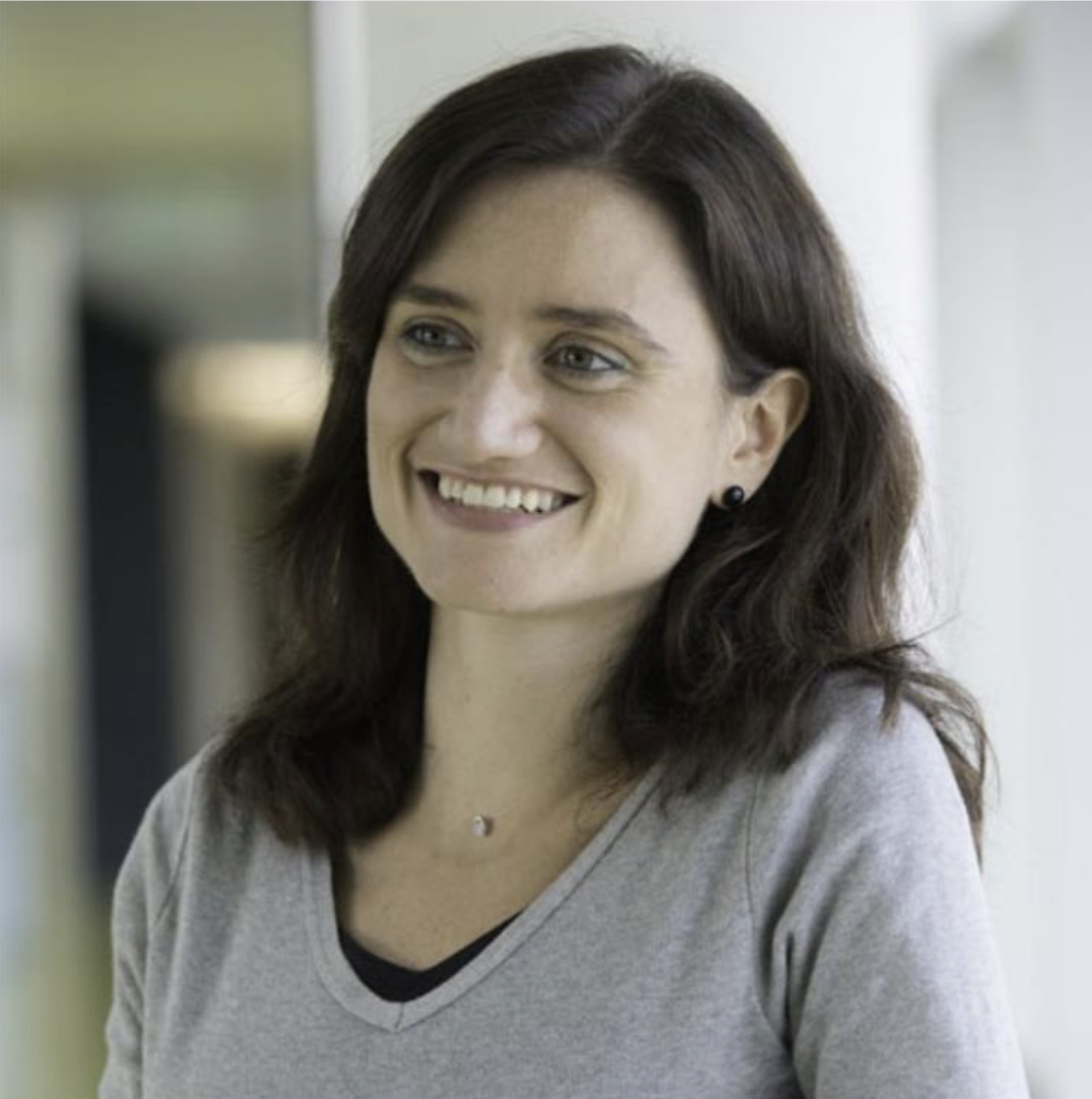
Chiara Binelli
Chiara received her Ph.D. in Economics from the University College London. She was a Research Scholar and Research Associate at the Institute for Fiscal Studies, a Post-Doctoral Research Fellow at Nuffield College and the University of Oxford, an Assistant Professor at the University of Southampton, and an Associate Professor at the University of Milano-Bicocca. She is Associate Professor of Economics at the University of Bologna, the Founder and Co-Director of the Center for Research and Social Progress, and the Founder of the Network of Women in Data Science and Social Science. She held several visiting fellowships at European and American Universities. Her research interests focus on Labor and Development Economics, and Computational Social Science. She has worked on income and social inequality, youth unemployment, and climate change. In her most recent work, she merges Data Science and Social Science to combine prediction and explanation to study preparedness to climate change and the social impact of artificial intelligence. Her research has been published in international journals such as Climatic Change, Political Research Quarterly, Big Data and Cognitive Computing, the Journal of Economic Behavior and Organization, the Review of Economic Dynamics, Social Indicators Research, the Economics of Education Review, and World Development.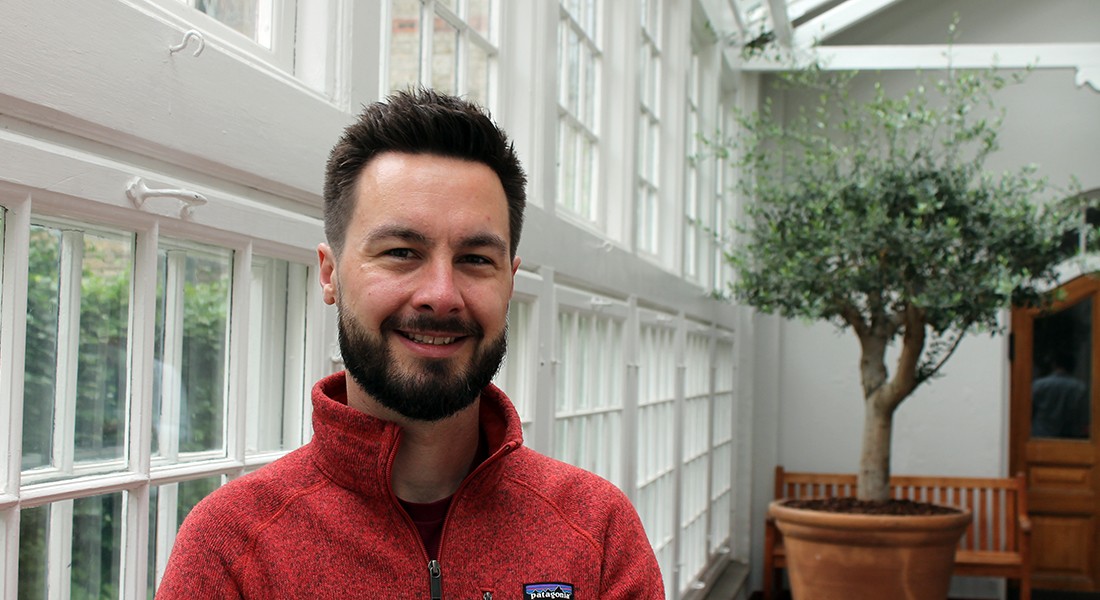
Friedolin Merhout
Friedo is an Associate Professor in the Department of Sociology at the University of Copenhagen where he is also affiliated with the Copenhagen Center for Social Data Science (SODAS) and coordinates the Knowledge, Organization, and Politics research group. His research use computational and experimental methods to examine intergroup relations leveraging digital trace, text, survey, and administrative data. He is particularly excited about exploiting underused data sources, such as Google search data, to study phenomena hard to investigate otherwise.
Paul Bouchaud
Paul is a postdoctoral computational researcher investigating online platforms' algorithmic systems, foreign information manipulation, and online social dynamics. They hold a PhD in algorithmic auditing and serve as an expert for NGOs, national and European institutions on high-profile platform accountability cases.jpg)
Douglas Guilbeault
Doug received dual bachelor’s degrees in philosophy and rhetoric (with a minor in cognitive science) from the University of Waterloo, and an MA in Cognitive Linguistics from the University of British Columbia. He then completed a PhD in Communications in the Network Dynamics Group at the University of Pennsylvania’s Annenberg School for Communication. He is now an assistant professor of organizational behavior at Stanford's Graduate School of Business. As co-director of the Computational Culture Lab, Guilbeault harnesses and builds computationally intensive network- and language-based methods to study how organizational cultures emerge and evolve. His work has appeared in a number of top journals, including Nature, The Proceedings of the National Academy of the Sciences, and Management Science, as well as in popular news outlets, such as The Atlantic, Wired, and The Harvard Business Review. He has received top research awards from The International Conference on Computational Social Science, The Cognitive Science Society, and The International Communication Association.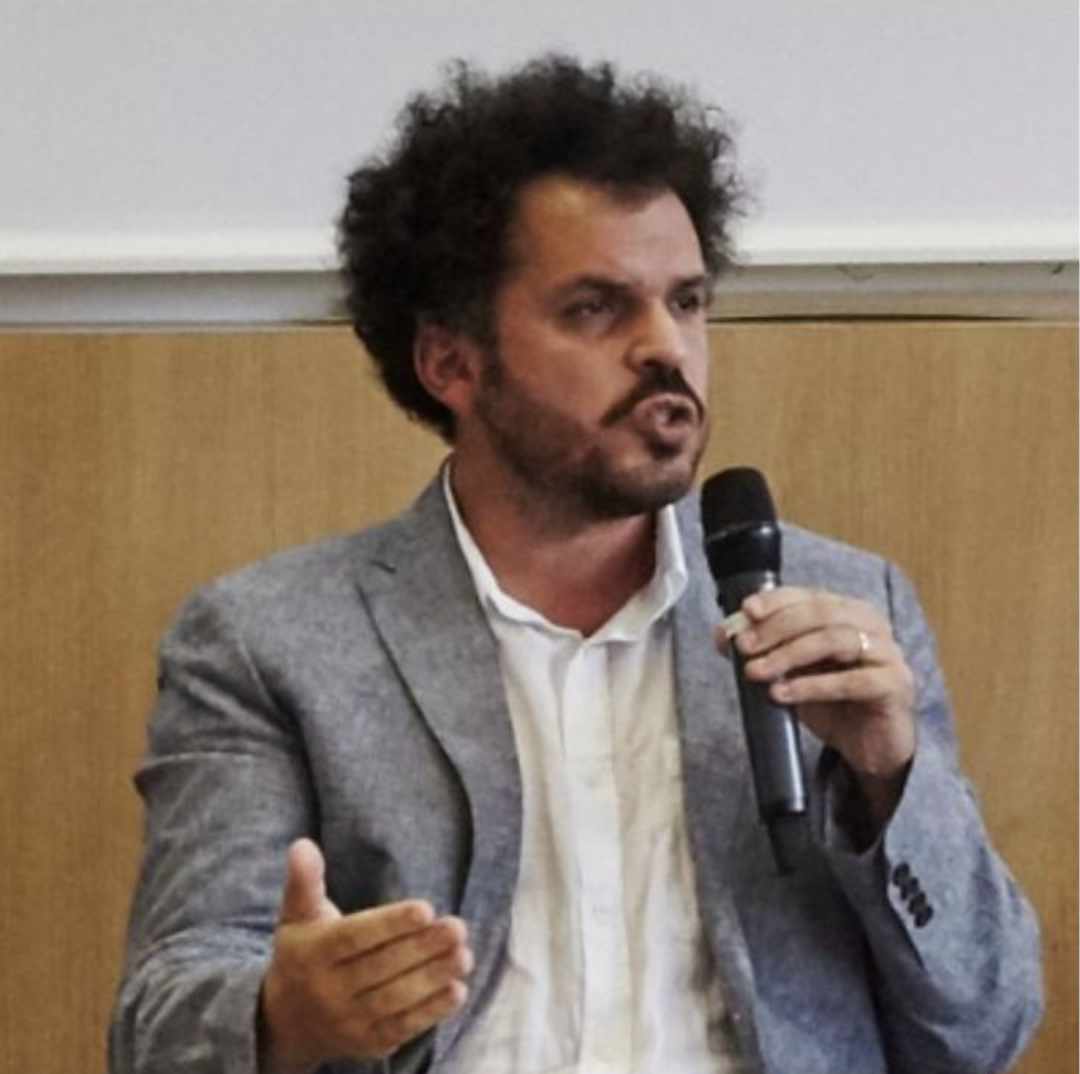
Pedro Ramaciotti Morales
Pedro is Chair of AI in Social Sciences at CNRS & Sciences Po. studies social and political systems through social media and web data. After having received his PhD in Applied Mathematics from Ecole Polytechnique, he joined the Computer Science Department (LIP6) at Sorbonne University, and later on the Center for European Studies and Compared Politics (CEE) at Sciences Po. Today at médialab, he develops research projects at the intersection between sociology, political sciences, mathematics, and computer sciences, leveraging models and computing platforms in large-scale studies. His research interests include computational social sciences, complex systems, recommender systems, machine learning/AI, social network analysis, and politics. Through his research, he tackles issues linked to disorders of digital ecosystems, such as polarization, fragmentation and concentration of online communities, connected with the future of governance of social media platforms. In one of his most recent projects, “AI-Political Machines”, funded by the McCourt Institute, he will develop research seeking to improve our understanding of how machines perceive social environments online, how this affects the way in which they recommend news content to users, and what the consequences are for the online political debate. At SICSS, Pedro will lead the European Polarization Observatory Workshop on July 4th.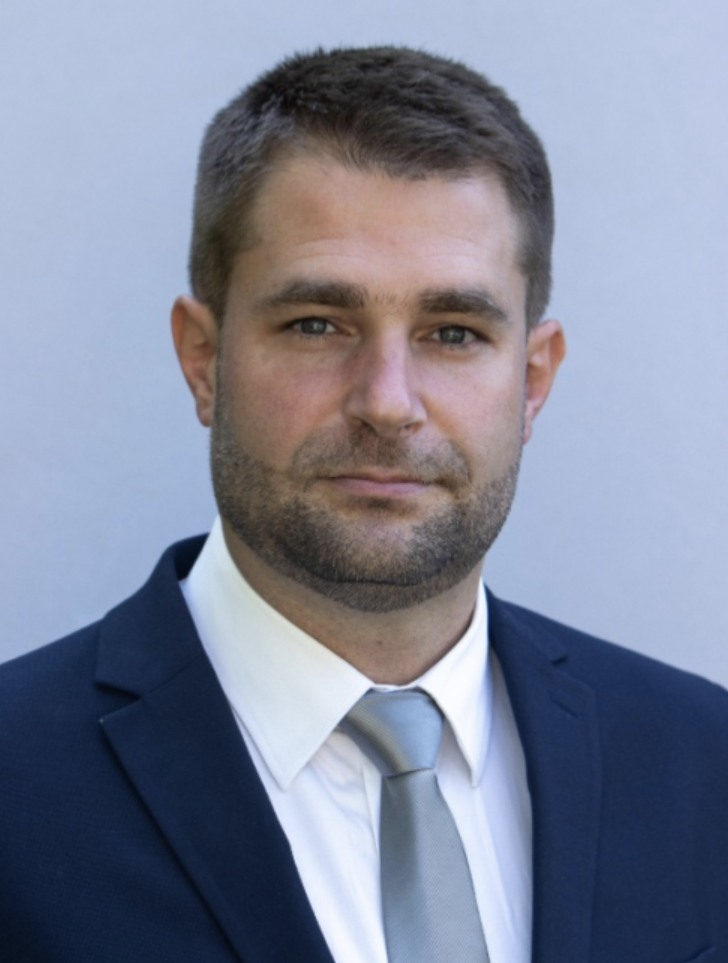
Márton Karsai
Márton is an Associate Professor and Head of Department at the Department of Network and Data Science at the Central European University in Vienna. He leads the Computational Human Dynamics team at CEU, he is a Research Professor at the Rényi Institute of Mathematics in Budapest and he is an Affiliated Faculty of the Complexity Science Hub in Vienna. He is a network scientist with research interest in human dynamics, computational social science, and data science, especially focusing on heterogeneous temporal dynamics, spatial and temporal networks, socioeconomic systems and contagion phenomena. He is an expert in analysing large human behavioural datasets and in developing data-driven models of social and epidemic phenomena.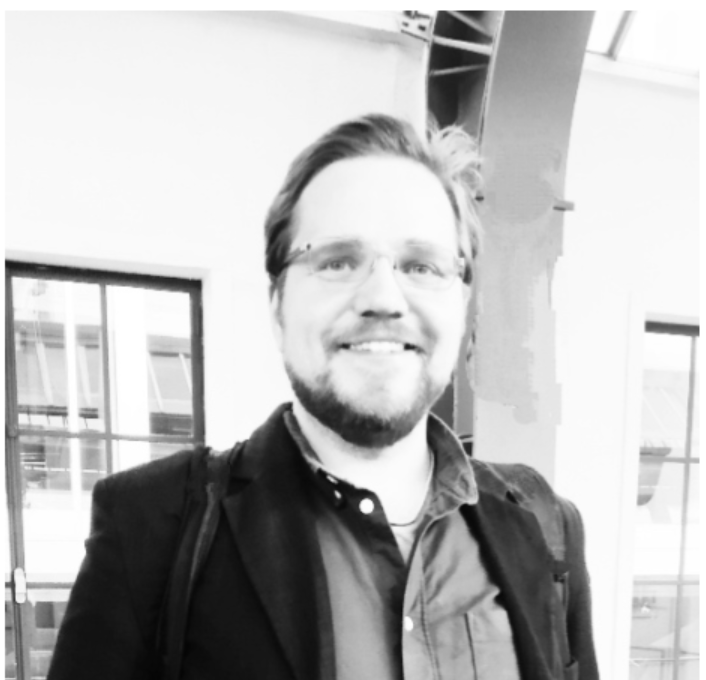
Sönke Ehret
Sönke is a political scientist and experimentalist with a PhD from New York University. His work bridges computational social science, behavioral experiments, and applied cultural evolution to study norm change, collective behavior, and public preferences around emerging technologies. He has run large-scale virtual lab experiments on social tipping and coordination, with recent work exploring elite signaling and the governance implications of AI. In addition to academic appointments at the University of Oxford and the University of Lausanne, he has contributed to data and metrics strategy in the international policy space, applying research insights to real-world challenges. At SICSS, Sönke will lead the Experiments workshop on July 7th.
Dirk Hovy
Dirk is a Professor in the Computing Sciences Department of Bocconi University in Milan. He is interested in the interaction between language, society, and machine learning, or what computers can tell us about language and what language can tell us about society. He is also interested in ethical questions of bias and algorithmic fairness in machine learning.
Beatrice Franzolini
Beatrice is a Junior Assistant Professor (RTD-A) at the Bocconi Institute for Data Science and Analytics (BIDSA) and a core faculty member of the Bayesian Learning Laboratory (BayesLab) at Bocconi University in Milan, Italy. Her research adopts an interdisciplinary approach to develop rigorous probabilistic representations of complex phenomena, with a focus on Bayesian nonparametrics and probabilistic machine learning. Her work focuses on deepening the understanding of mathematical and probabilistic structures—such as dependent random measures and multivariate random partitions—while also exploring their application to modeling dynamic systems, including change-point detection and network data analysis. These methodologies have broad applications across various domains, including biostatistics, behavioral sciences, and financial econometrics. Beatrice earned her PhD in Statistics from Bocconi University in February 2022. She has held research positions at the Singapore Institute for Clinical Sciences (SICS) and the Division of Biomedical Data Science at the National University of Singapore (NUS). In 2024, she served as Chair of the Junior Section of the International Society for Bayesian Analysis (j-ISBA) and was honored with the IMS New Researcher Travel Award. At SICSS, Beatrice will lead the Workshop “Decoding Connections: A Hands-On Workshop in Network Data Analysis” on July 8th.
Flaminio Squazzoni
Flaminio is Professor of Sociology, director of the BehaveLab and chair of the Master's programme in Computational Social and Political Science at the Department of Social and Political Sciences of the University of Milan. He is editor of JASSS-Journal of Artificial Societies and Social Simulation, and one of the advisory editors of the Wiley Series in Computational and Quantitative Social Science and the Springer Series in Computational Social Science. He has been the President of the European Social Simulation Association for two mandates (2012/2016).
Alexander Kindel
Alex is Assistant Professor of Sociology in the médialab at Sciences Po. His research addresses problems in the history and practice of social measurement. A recurring theme in his work is the problem of validating predictive measures of complex and ambiguous theoretical processes. Alex is currently especially interested in methods for validating machine learning-based measures of conflictual culture (e.g. hate speech, stereotypes, supremacy, violence); he also maintains an interest in the disciplinary and organizational dimensions of validation problems generally.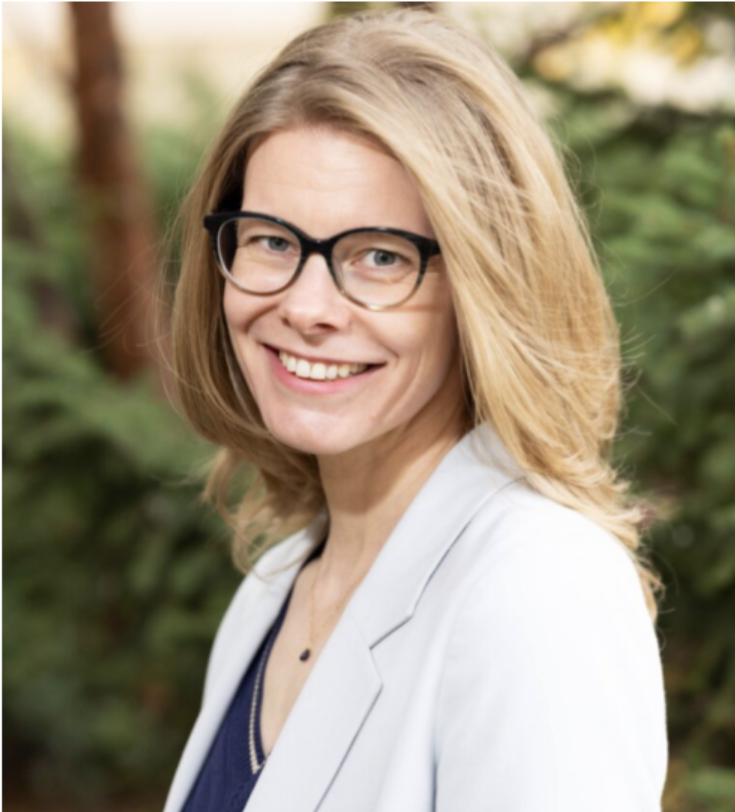
Ágnes Horvát
Ágnes is an Associate Professor of Communication and Computer Science (by courtesy) at Northwestern University, USA. Her research in human-centered computing and network science investigates how ubiquitous networks induce biased information production, sharing, and processing on AI-enabled, algorithmic platforms. By uncovering how online spaces operate, her group strives to make digital tools more efficient for scientists, entrepreneurs, and creative artists. Their recent projects investigate the use of LLMs in scientific writing and music creation, study biases in online attention to science, identify cases of collective intelligence and opportunities for improved decision-making, and develop frameworks to examine persuasion and opinion change in online discussions. Professor Horvát's work has been awarded an NSF CAREER award. Her doctoral advisees have received highly competitive prizes, including a Northwestern Presidential Fellowship and best student paper awards at international conferences. Her research has been featured recently in Nature, The Washington Post, Le Monde, and The Economist.Teaching Assistants
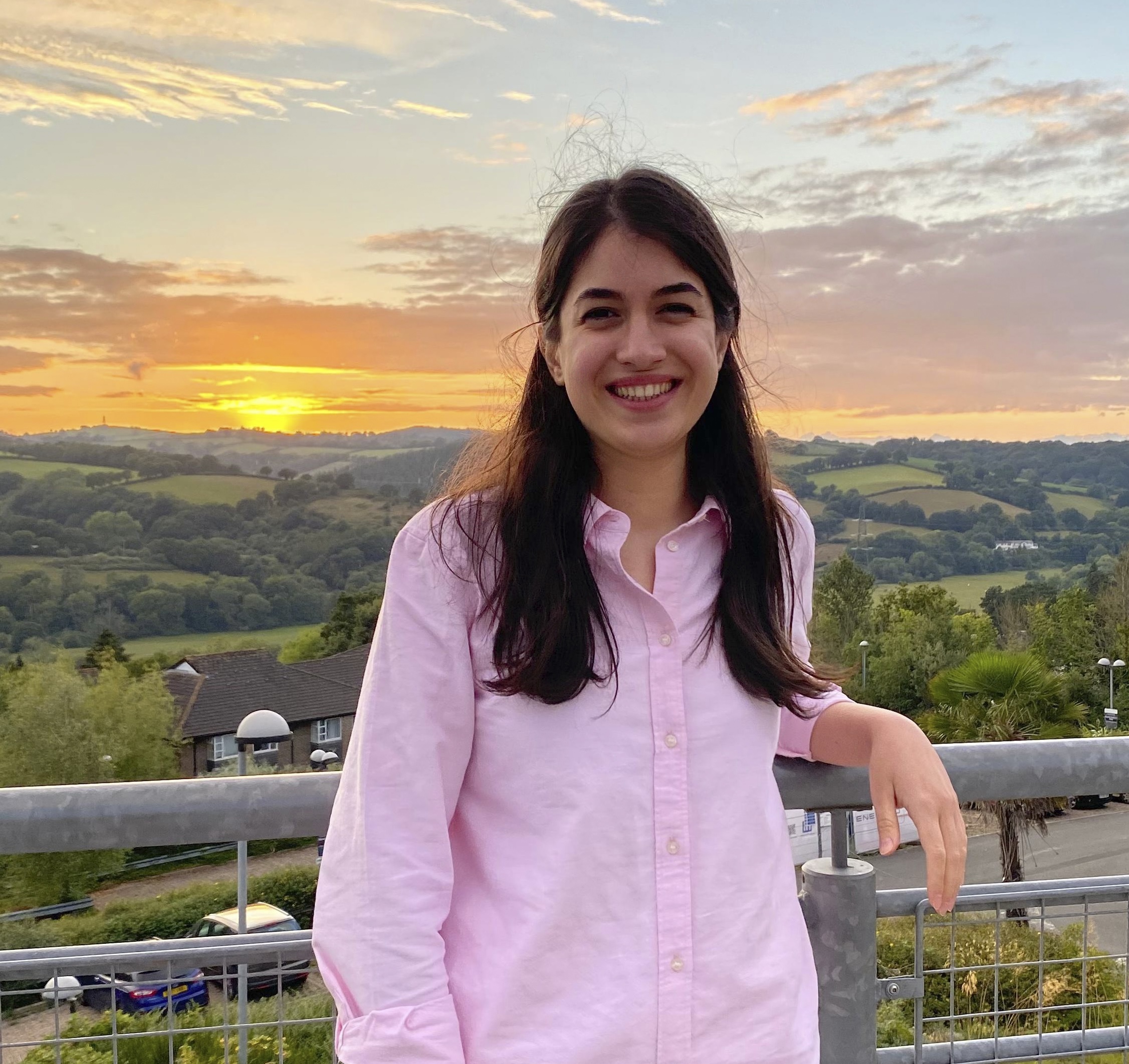
Zhina Aghamohammadi
Zhina is an incoming PhD student in Network Science at Central European University. She holds a Master’s in Data Science and a Bachelor’s in Statistics. Her master’s thesis investigated polarization in the network of the European Parliament using Bayesian non-parametric stochastic block models. Her research interests lie in computational social science, with a particular focus on social networks, social media analysis, and the application of machine learning to address pressing societal challenges in both online and offline settings.
Ben Rochford
Ben is a Ph.D. Student of Sociology at Duke University. His research in the Duke Polarization Lab leverages computational approaches to study social science questions around online communities, social AI, identity, and culture. He is an alumni of both the Georgia Institute of Technology, and of the Summer Institutes.Participants
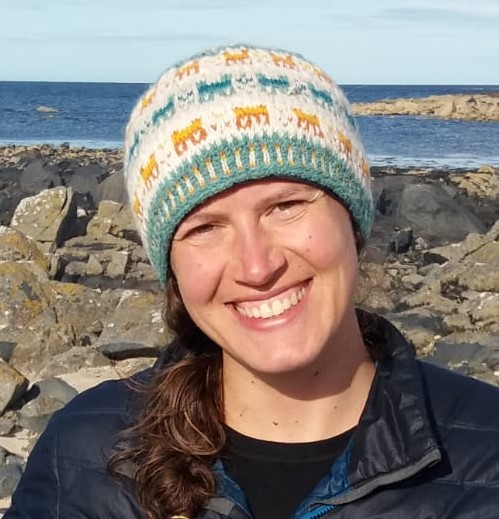
Laurie Baker
Laurie is an Assistant Professor in Mathematics at Bates College in Maine. She is a disease ecologist and marine biologist by training with a background in data science and spatial statistics. The core of her research focuses on spatial and temporal patterns in human and biological systems including disease spread, animal movement, and fisheries management. Her educational work and teaching increasingly focuses on community-engaged and open-access approaches to data science. Laurie’s recent collaborative work, Mapping Ocean Stories, combines oral histories and spatial data to understand how coastal communities adapt to change. In the classroom, Laurie designs and teaches courses in data science and statistics that center ethical inquiry, inclusive methodology, and the pursuit of positive social impact. A cornerstone of her teaching is a series of Community-Engaged Data Science courses in which students collaborate with local organizations to co-design and carry out data science projects that address locally relevant issues. These courses emphasize building equitable partnerships, understanding community needs, and producing work that is both actionable and sustainable beyond the classroom. Students learn not only technical skills in data wrangling, visualization, and modeling, but also project management, communication, and ethical decision-making.
Davide Bassi
Davide has a background in discursive psychology and mediation. He is currently pursuing a PhD in argumentation at the University of Santiago de Compostela as part of the Marie Curie Network Hybrids, which focuses on combining computer science and social science to study divisive political discourse. Davide studied Anthropology and Psychology at the University of Bologna, then moved to the University of Padova where he obtained his master's degree in Clinical Psychology and a II level master's degree in Mediation. He worked as a research fellow at the University of Padova, using computational social sciences to tackle community issues such as stigmatization, social cohesion and misinformation. His research uses argumentation and rhetorical theories to assess how political discourses impact users' interactions in social networks. Using these theoretical-methodological frameworks, he focuses his analysis on Euroscepticism and Immigration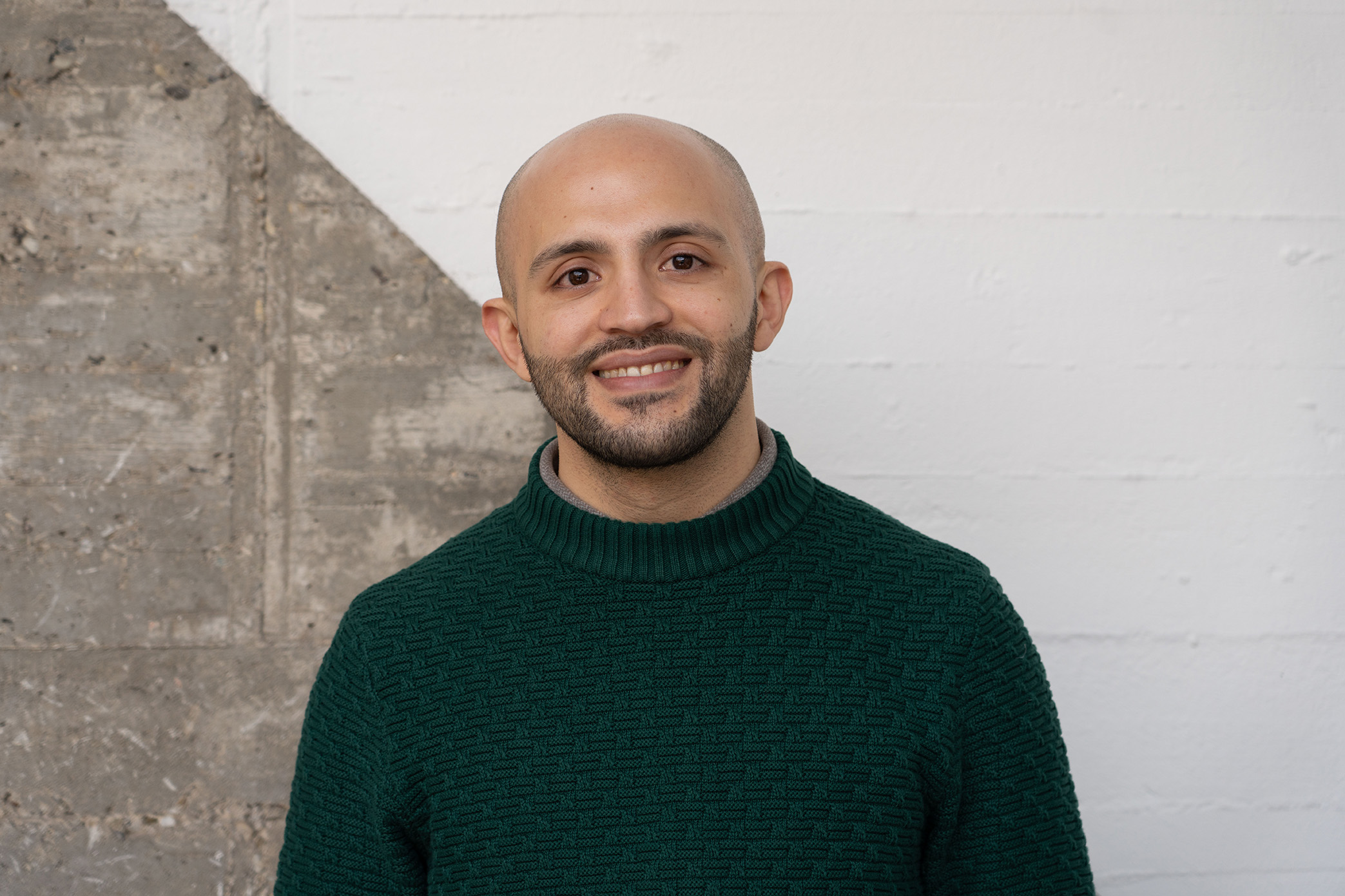
Rodrigo Bermudez Schettino
Rodrigo is a Predoctoral Fellow at the Center for Humans & Machines within the Max Planck Institute for Human Development. He has a Computer Science background and has held technical leadership roles in academia and industry, focusing on Software and Platform Engineering. His research lies at the intersection of Computer Science and Cognitive Psychology; combining behavioral experiments and machines to investigate whether machines can meaningfully alleviate psychological distress.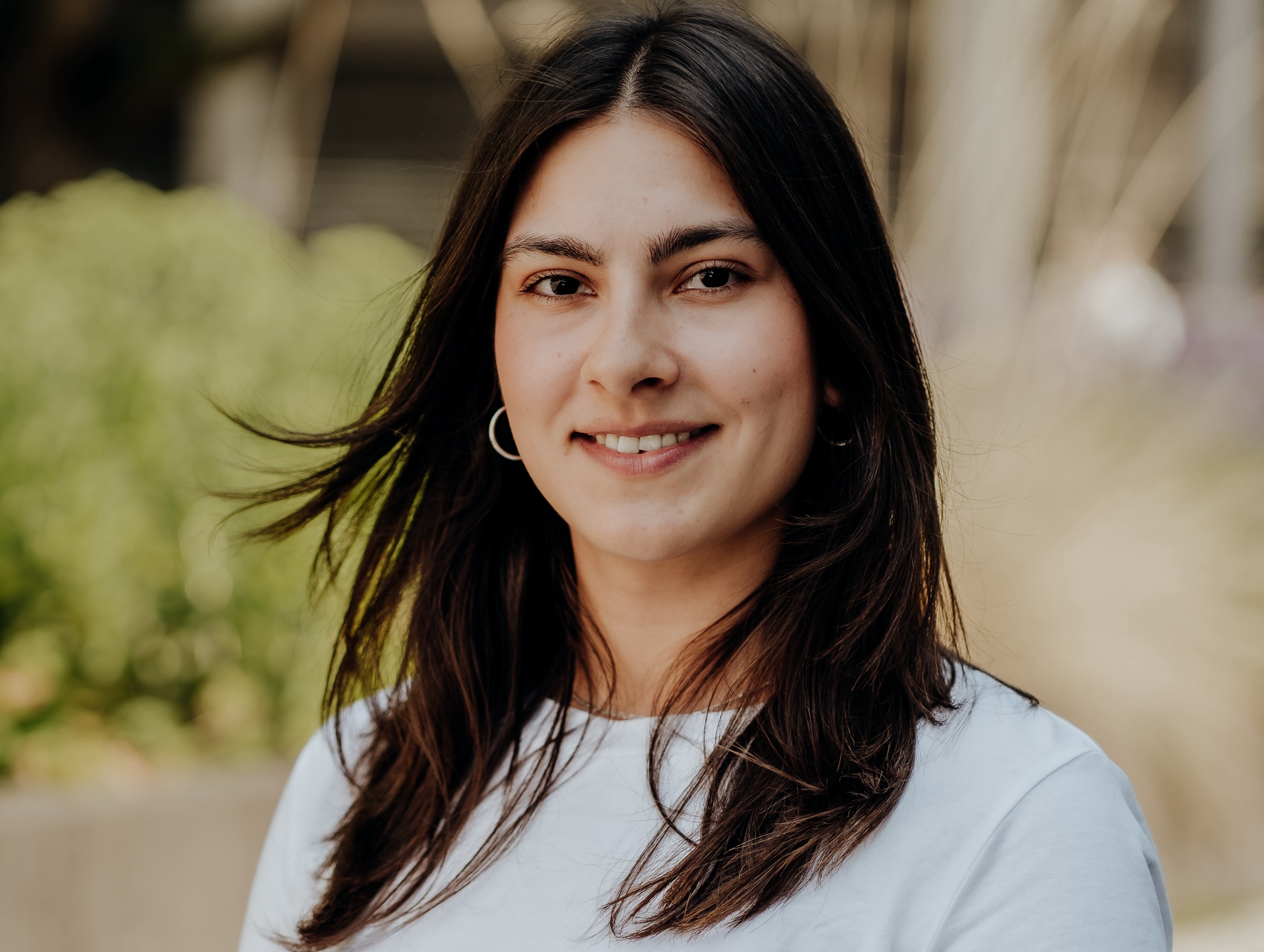
Michelle Bobek
Michelle Bobek is a Ph.D. student at the Chair for Data Science and Digitization at the University of Giessen. Her research interests include social media analytics, online misinformation, natural language processing, and causal inference. She applies causal inference methods to large-scale social media data to study the spread of misinformation, which poses a central challenge in the digital age. More specifically, she examines how the wisdom of crowds can be harnessed to mitigate online misinformation, with a focus on community-based fact-checking interventions.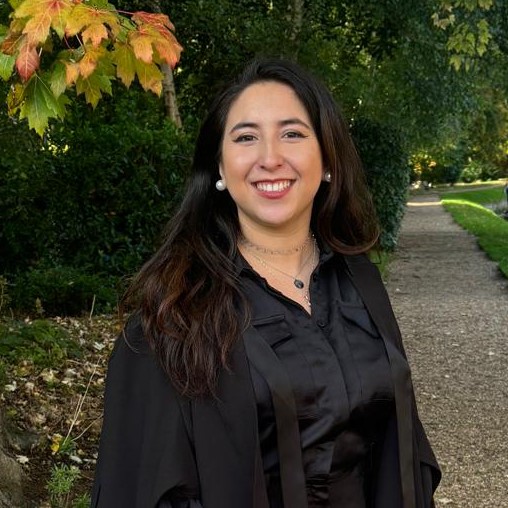
Natalia Cabrera-Morales
I am a PhD researcher on Criminology at the University of Cambridge, lawyer, master's in Sociology and MPhil in Criminological Research. I am currently investigating police misconduct but I am more broadly interested in criminal justice institutions, collective action and responsibility attribution. I am thrilled by the interplay between structural and individual factors, especially in understanding misconduct in law-abiding institutions systemically. These interests are driven by a general curiosity about obedience-disobedience and order and control in society. I am passionate about both quantitative and qualitative methodologies. I master linear, logistic, and poisson family models and I am currently learning multilevel models. I also programme Large Language Models operations. A library I created on the last can be found on my github https://github.com/NcabreraM/pasqui/tree/master.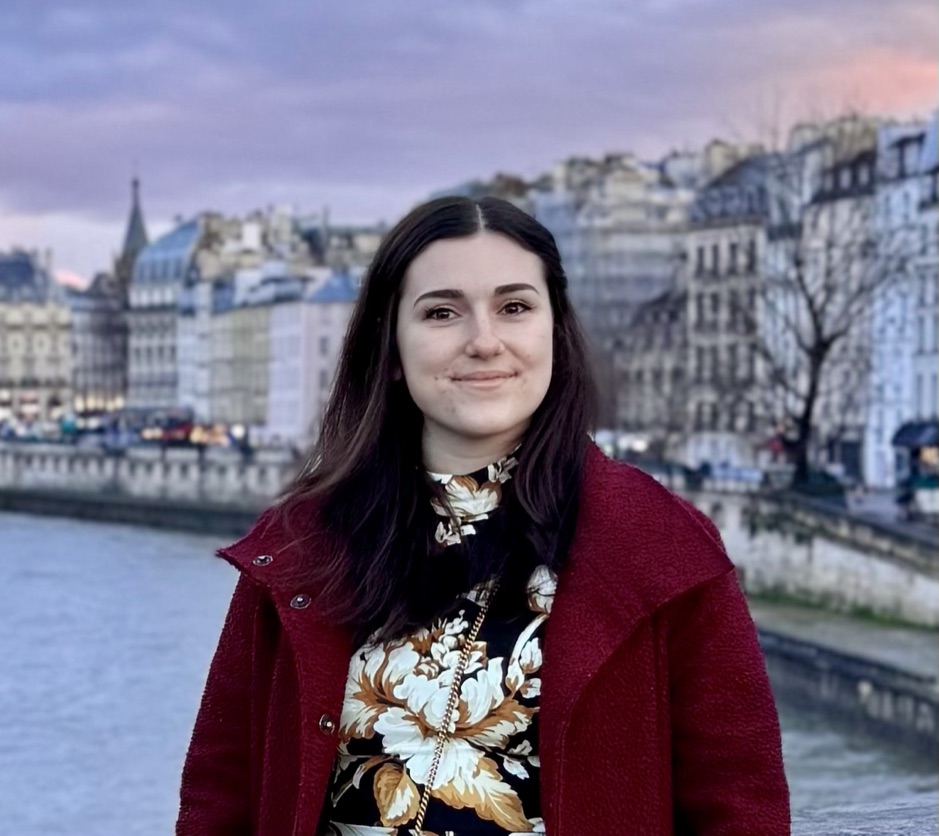
Allison Garetto
Allison Garetto is a PhD student in the Department of Communication at the University of Illinois Chicago. Her research examines emerging health issues and how technology and media platforms shape health information and communication practices. She holds a bachelor's degree in communication with a minor in psychology from the University of Illinois Urbana-Champaign and a master's degree in communication from Saint Louis University.
Motlatso Godongwana
Dr. Motlatso Godongwana is a Senior Scientist in the Burden of Disease Research Unit at the South African Medical Research Council. She holds a PhD in Demography and Population Studies from the University of the Witwatersrand. Her research expertise lies in the application of both quantitative and qualitative methodologies, with a strong focus on HIV and non-communicable diseases (NCDs). She has developed advanced skills in the analysis of longitudinal data and has a growing research portfolio in chronic comorbidities, disease burden, and health systems strengthening. Her current work centers on strengthening South Africa’s Civil Registration and Vital Statistics (CRVS) system where she serves as a Co-Investigator on a national initiative aimed at developing a Monitoring and Evaluation (M&E) Framework for mortality surveillance. She is a recipient of the Mail & Guardian Top 200 Young South African Award and an Executive Member of Convocation at the University of the Witwatersrand. Motlasto is supported by Bocconi University’s Rector funds.
Katherine (Katie) Herder
Katherine (Katie) Herder, MS, MPH, is a PhD student in Biostatistics at the University of Arizona’s Mel and Enid Zuckerman College of Public Health. She works as a graduate research associate at the university’s Comprehensive Center for Pain and Addiction, where she conducts statistical analyses of nationally representative survey data to examine intersections between chronic pain, mental health, and substance use. Katie also serves as an Associate Biostatistician Consultant for a biopharmaceutical company, contributing to clinical trial analyses and scholarly publications. She holds both a Master of Science in Biostatistics and a Master of Public Health from the University of Arizona, and a Bachelor’s degree in Psychology from the University of California, Santa Cruz. Prior to graduate school, she served as a U.S. Peace Corps Volunteer in the Dominican Republic. Her dissertation research focuses on modeling dose-response relationships within network meta-analyses to support comparative effectiveness in clinical decision-making.
Amilcar Matos-Moreno
Dr. Amílcar Matos-Moreno is a Puerto Rican social epidemiologist and demographer serving as an Assistant Research Professor at Pennsylvania State University and Carlos Albizu University in Puerto Rico. His research focuses on the effects of international migration on kinship networks, social support, and health among older adults in Puerto Rico, Mexico, Costa Rica, and the United States. He is the Principal Investigator of a National Institute on Aging K01 award examining transnational kinlessness and aging using demographic simulations and network models.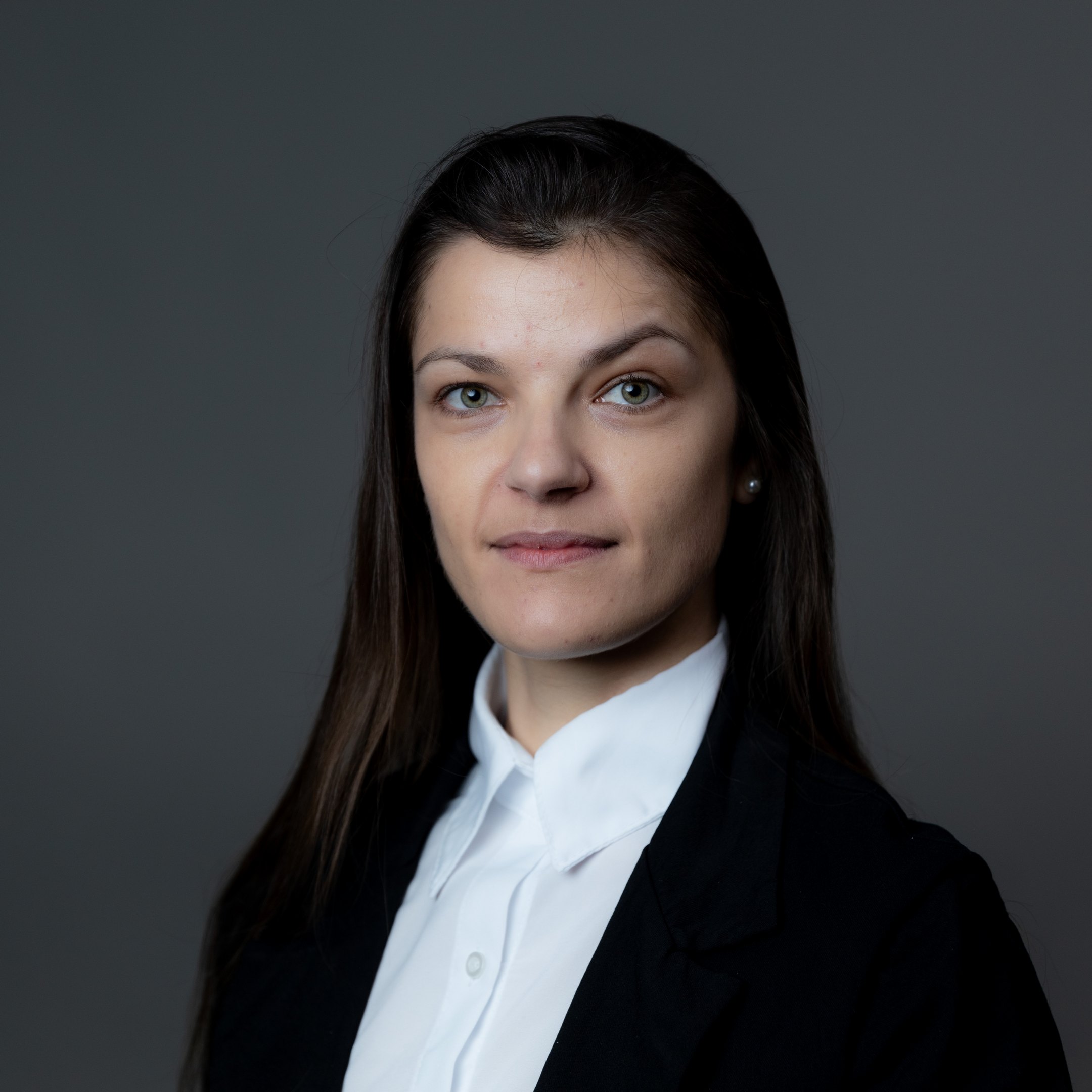
Cristiane Melchior
Cristiane Melchior is a post-doctoral researcher in Social Sciences at the School of Engineering Sciences at LUT University, Finland. Her research interests revolve around data science applied to social subjects, especially fake news, propaganda, disinformation topics, and health.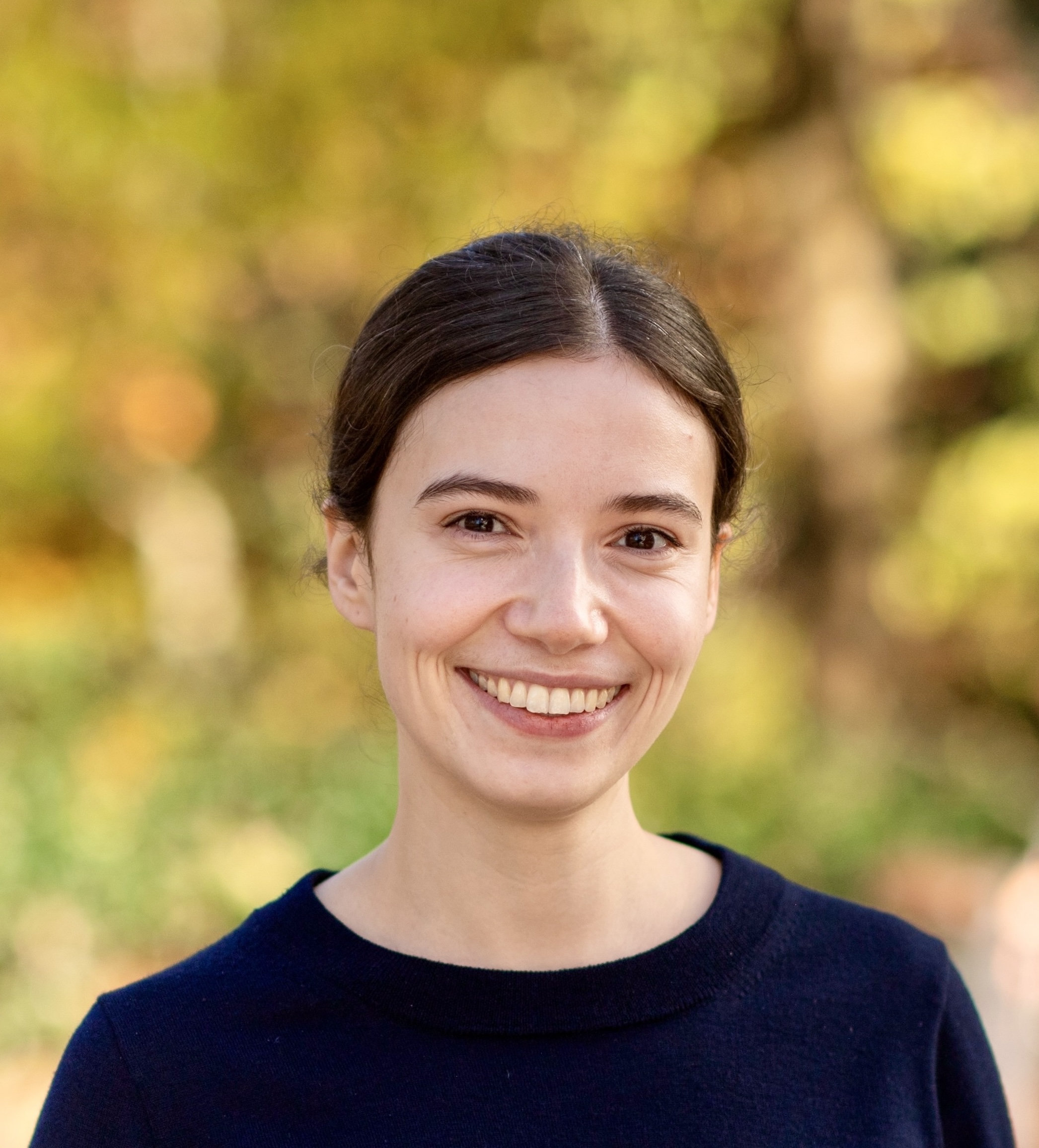
Emma Miller
Emma Miller is a PhD student in Psychology at Columbia University, where she is also a Graduate Fellow at Incite Institute. Her research examines the emergence of shared reality in conversation and the development of microcultures in close relationships. She draws from an interdisciplinary set of approaches across social psychology, relational sociology, and computational social science.
Riccardo Omenti
Riccardo Omenti is a Research Fellow in Demography at the University of Bologna. His research interests include statistical demography, computational social science, fertility and gender inequality. A core aspect of his research revolves around the development of statistical methods for the estimation of demographic indicators in data-sparse settings. More recently, his research interests have expanded to include the demographic implications of emerging Artificial Intelligence technologies, with a specific emphasis on the European context.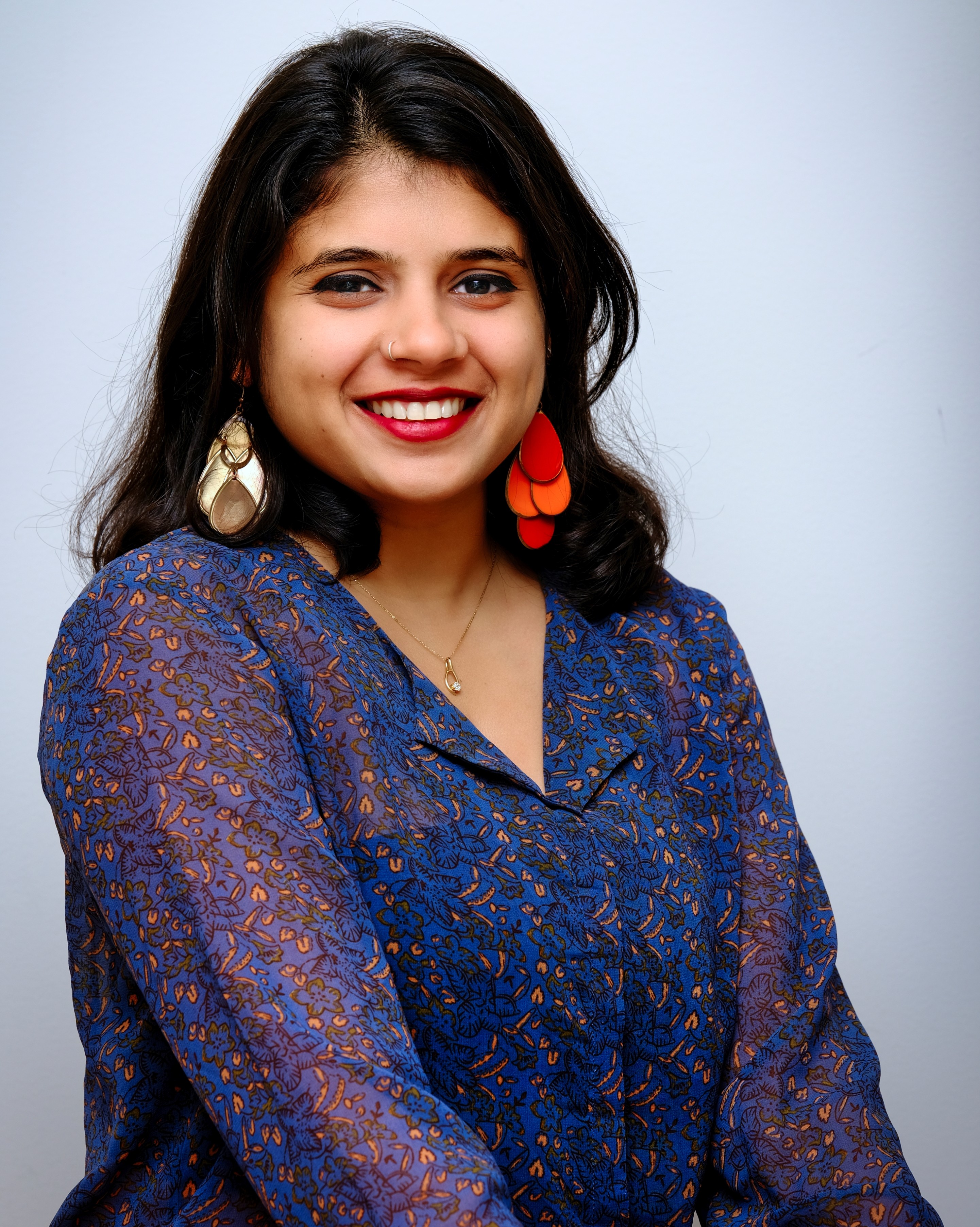
Tanishta Rajesh
Tanishta is a doctoral student in Public Health Sciences at Stockholm University. Her research interests include examining health inequalities using causal inference and applied machine learning methods. Her current research focuses on families involved with Child Welfare Services in Sweden. Drawing on national register data and a life course approach, she investigates how parents’ social and psychological conditions are linked to the placement of their children in out-of-home care (OHC). Her goal is to understand how disadvantage is transmitted across generations and how it shapes long-term health and social outcomes.
Vera Sosnovik
I am a postdoctoral researcher, focusing on the analysis of the YouTube news channel ecosystem. I earned my Ph.D. from Université Grenoble Alpes. My doctoral research centered on the detection and analysis of online sponsored political content. My research interests lie at the intersection of AI and society, with a particular emphasis on the societal impact of algorithmic systems.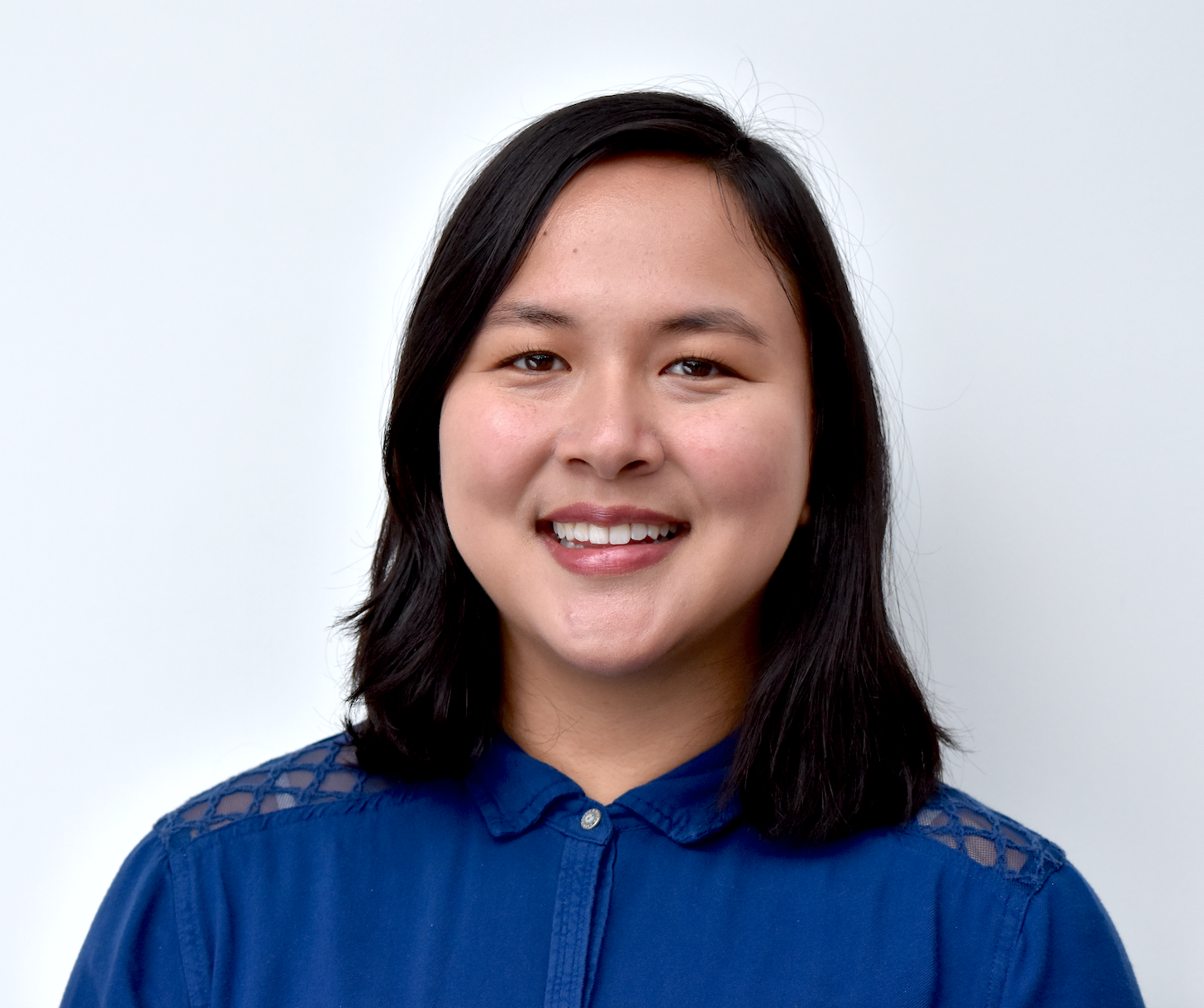
Tara Srirangarajan
Tara Srirangarajan is a PhD candidate and NSF Graduate Research Fellow in the Department of Psychology at Stanford University. Her research interests lie at the intersection of decision science and consumer behavior in the context of emerging technology. More specifically, she uses a range of experimental methods including virtual reality and functional magnetic resonance imaging (fMRI) to explore how emotions drive decision-making and affect market-level outcomes. She holds a B.S. in Behavioral Neuroscience from Northeastern University.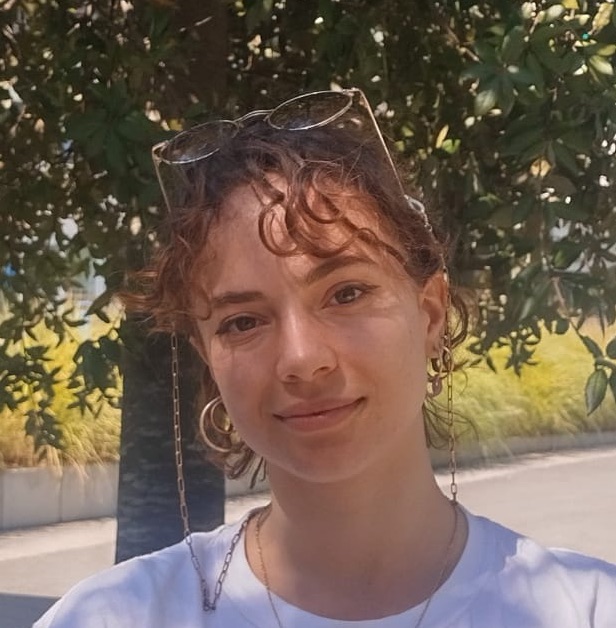
Caroline Violot
Caroline Violot is a PhD student in Information System at the university of Lausanne, Switzerland. Her research focuses on YouTube practices, mainly around online political communication, commenting behavior and how they intertwine in meaning making. Her work uses statistical methods, network analysis and ML to uncover patterns and evolution of online discourse.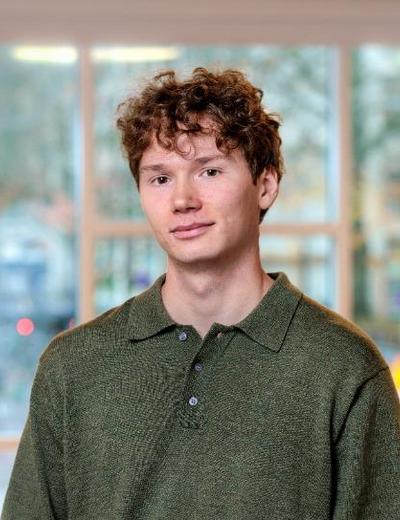
Albert Wendsjö
Albert Wendsjö is a PhD Student in Political Science at the University of Gothenburg, currently visiting MilaNLP at Bocconi University. His research interests include political behavior, political communication, and computational social science. In his dissertation, he studies affective polarization and political representation, using data from social media, parliaments and survey experiments.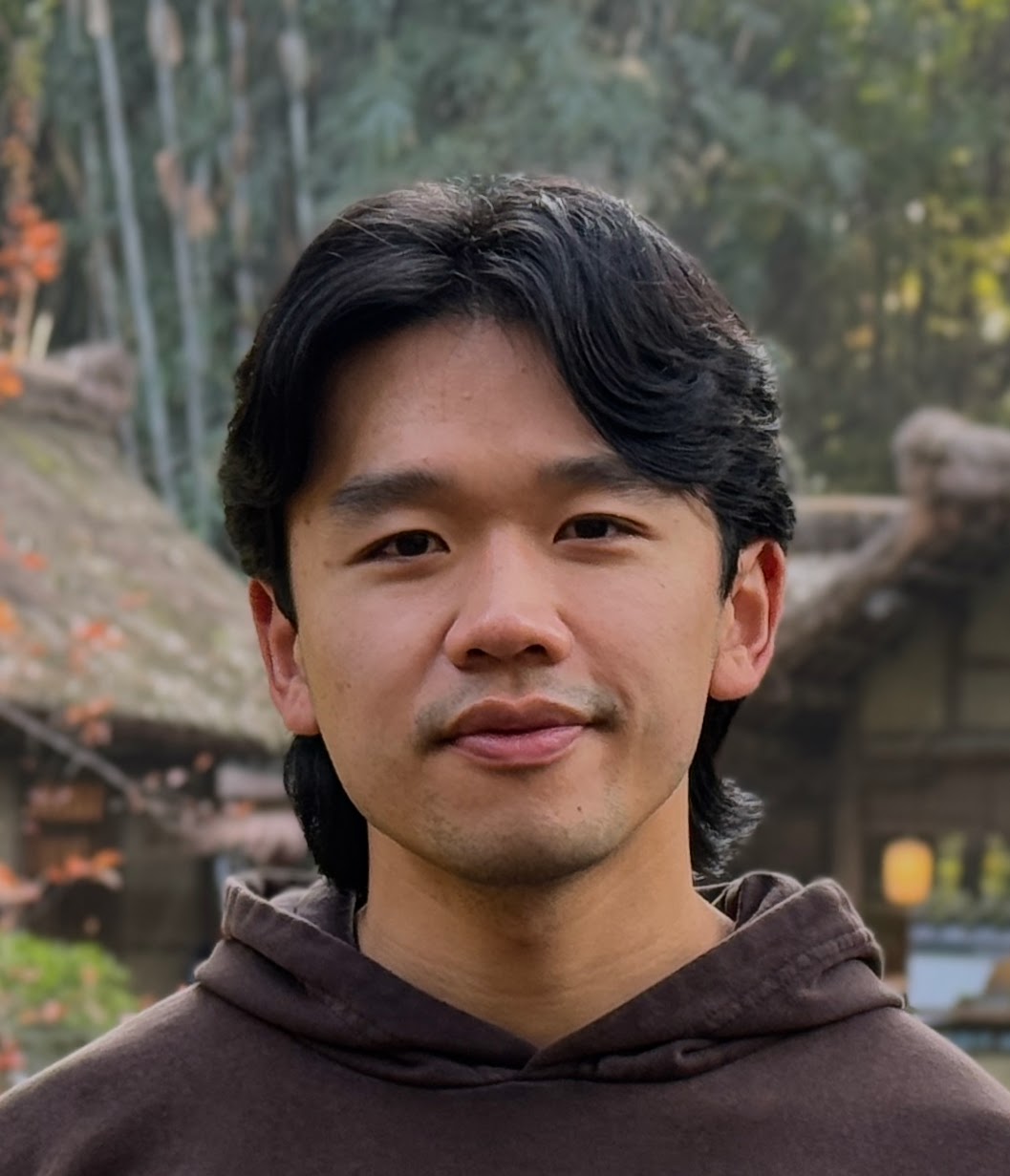
James Zhu
James Zhu is a postdoctoral researcher at the French National Centre for Scientific Research (CNRS), where he works at the intersection of robotics, social science, and public policy. He holds a PhD in Mechanical Engineering from Carnegie Mellon University. His research focuses on designing robust, socially informed robotic systems for deployment in complex public environments, such as city sidewalks and urban transit spaces. His work combines technical advances in motion planning and control with interdisciplinary approaches from law and the social sciences, aiming to ensure that robotics technologies are not only functionally capable but also equitable, accessible, and publicly accountable.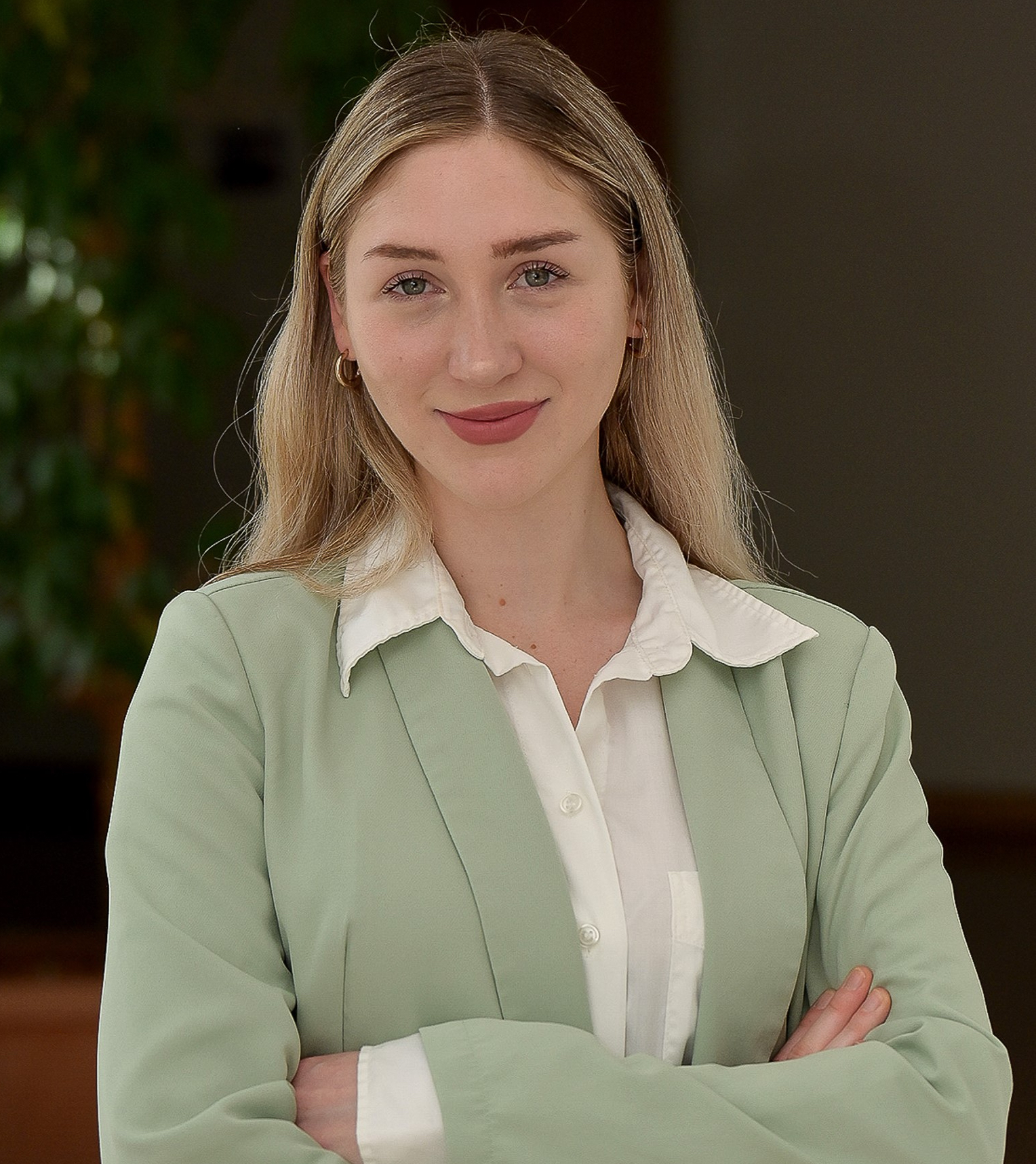
Lara Zwittlinger
Lara Zwittlinger is a doctoral candidate in comparative politics at the University of Salzburg. Her bachelor’s thesis titled “The gender equality paradox – The rigidity of implicit gender stereotypes and their impact on women’s representation in STEM” dealt with the connection between cultural value orientations, the societal dispersion of gender stereotypes, and horizontal gender segregation in tertiary education and the labor market. Her state prize awarded master’s thesis focused on the impact of the COVID-19 pandemic on political attitudes and party preferences. In her dissertation, she explores the causes and political consequences of the so-called ‘cultural backlash’.